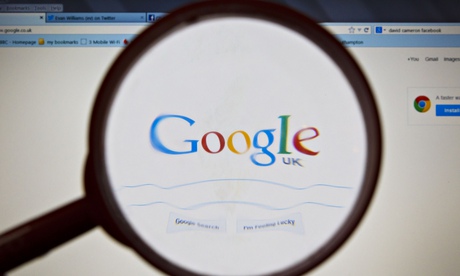
A "right to be forgotten" – enforcing the removal of online material – is wrong in principle and unworkable in practice, a parliamentary committee has said.
The House of Lords home affairs, health and education EU sub-committee has condemned regulations being drawn up by the European commission and a recent landmark judgment by the European court of justice (ECJ) in Luxembourg.
The study supports the coalition government's opposition to the EU proposals on the grounds that search engines should not be made responsible for the content of the internet.
The committee points out that the EU's 1995 data protection directive on which the ECJ judgment relied was drafted three years before Google was founded. The judgment agreed that a Spanish claimant could require Google to delete search links to an article about him relating to a repossession notice. In the weeks following the ruling, Google's European sites were inundated with more than 70,000 removal requests.
The committee's chair, Lady Prashar, said: "It is crystal clear that the neither the 1995 directive nor the [ECJ's] interpretation of it reflects the incredible advancement in technology that we see today, over 20 years since the directive was drafted.
"We believe that the judgment of the court is unworkable for two main reasons. Firstly, it does not take into account the effect the ruling will have on smaller search engines which, unlike Google, are unlikely to have the resources to process the thousands of removal requests they are likely to receive.
"Secondly, we also believe that it is wrong in principle to leave search engines themselves the task of deciding whether to delete information or not, based on vague, ambiguous and unhelpful criteria, and we heard from witnesses how uncomfortable they are with the idea of a commercial company sitting in judgement on issues like that.
"We think there is a very strong argument that, in the new regulation, search engines should not be classed as data controllers, and therefore not liable as 'owners' of the information they are linking to. We also do not believe that individuals should have a right to have links to accurate and lawfully available information about them removed, simply because they do not like what is said."

